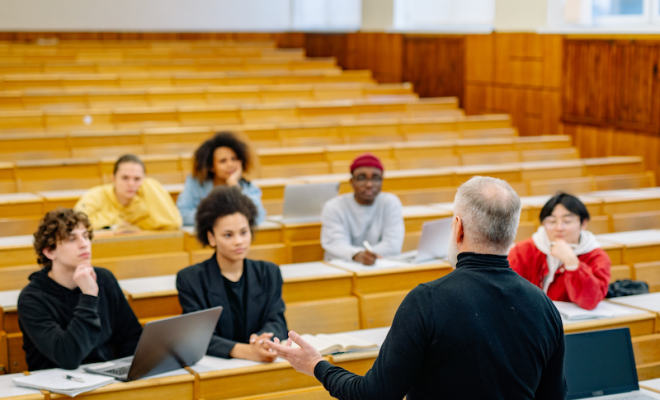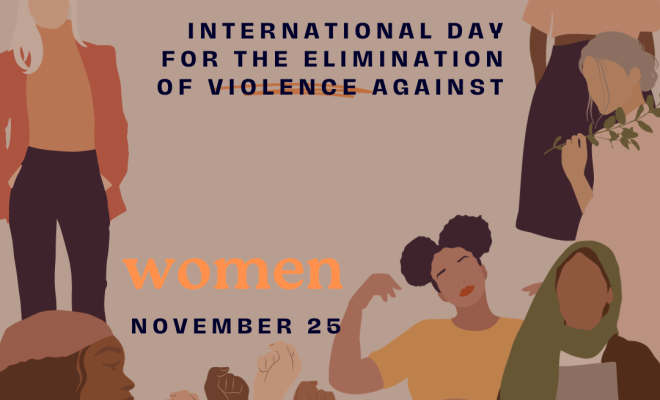Universities of the region must deepen research and Sustainable Development Goals efforts


On September 25, the panel “University Research and Sustainable Development Goals (ODS)” took place at the headquartes of the Universidad de Panama. Members of the UNESCO-IESALC Governing Board participated as panelists. The event also summoned authorities and representatives of the official Panamanian universities.
As a prelude to the conversation Vasco Torres De León, director of Legal Advice of the Universidad de Panama, described the academic activity as “an excellent opportunity to renew the commitment of Panamanian universities with the SDGs and learn about the experiences of other countries that the advisory members of the IESALC bring”.
Francesc Pedró, director of IESALC, opened the conversation with a question: “How are the universities of your country contributing through research, in particular to the SDGs?” In response to this question, Ligia Quezada de Melo, former Secretary of Education, Science and Technology of the Dominican Republic, said that studies conducted in the past in 38 Dominican universities showed that some of them focused solely on teaching and professionalization, a practice that should be banished since “all universities should do research, including students from the first year of a career”. She also pointed out that it is important to join forces to face the most pressing issues, which, in the case of the Dominican Republic, is especially climate change due to recent natural disasters that have caused impacts that have slowed down the economic and social development of that island country.
Rossana de Souza e Silva, director of the Coimbra Group, spoke to discuss the experience of university research in the Federative Republic of Brazil, where some HE institutions lead the global ranking of most sustainable universities, including the Federal University of Lavras, positioned as one of the most eco-friendly universities in Latin America.
Rufino Fernández, vice-dean of the School of Public Administration of the Universidad de Panama, presented some experiences of the SDG Monitoring Observatory, which has as its main duty to try to go beyond awareness and education in the field of sustainable development, and that its commitments should permeate the lines of research carried out by said university.
The Secretary of Science, Technology and Higher Education for the State of Paraná, Aldo Bona, said that in Brazil there are 8 million students enrolled in higher education and that only one million two hundred thousand are enrolled in public higher education. “A large part of Brazilian private education is concerned with teaching but does not do extension or university research. Very few are involved with the production and innovation of knowledge. 98% of knowledge in Brazil is produced by public organizations and 93% by public universities specifically”. In this regard, he pointed out that the State Secretariat he leads created the Universities Without Borders program as a state policy to carry out extension actions in public and private educational institutions to prioritize strategic areas that favor municipalities with low Municipal Human Development Index (IDHM). It also works with areas of poverty in the peripheries of the cities of Paraná. This initiative aims closely towards the achievement of the SDGs and has a provision of funds in the order of $3 million per year.
At the end, the director of IESALC said that three main conclusions can be drawn from the sustained dialogue. First of all, the need to deepen efforts in the area of research within universities, since the mere fact that “5% of professors in Latin America have a doctorate” hides a brutal deficiency in one of the foundation pillars of the University of the 21st century. Secondly, it is imperative to improve the working conditions of those who do research in relation to those whose hiring is improved by mere teaching: “although public universities may find it difficult to compete with the hiring done by the private sector, the former have a comparative advantage in tradition and equipment”. Finally, he stressed that the environment should be favorable to research and be inextricably linked to national science and technology plans.
Regarding the last conclusion, Torres De León said “that the State is not designed to be involved in research, and that the private sector should be more involved because it is the one with the most benefits”.He added that fiscal policy reforms are required in order to make the financial control that exists over the public university more flexible, in contrast to the laxer regulations that regulate the private sector of higher education.
This activity was framed within the celebration of the XV Ordinary Meeting of the Governing Board of IESALC, which will be held at the facilities of the Universidad de Panama on September 26 and 27.
RELATED ITEMS








